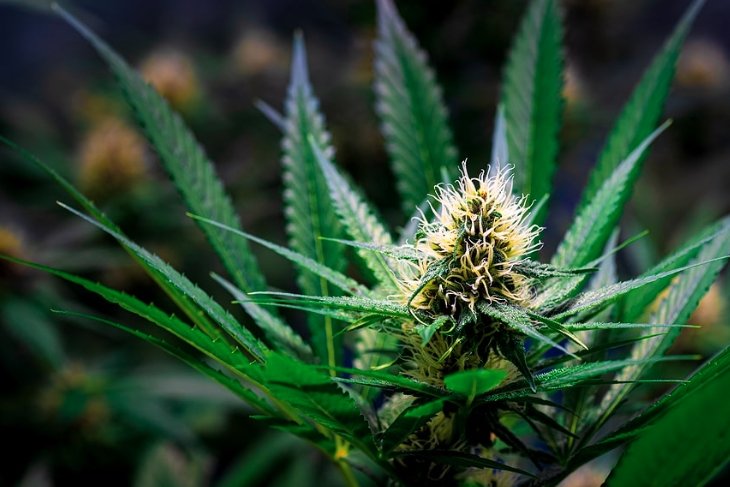Opponents of federal marijuana reform—and some legalization supporters—are requesting that the Drug Enforcement Administration (DEA) hold public hearings on the government’s planned move to reschedule marijuana from Schedule I to Schedule III of the Controlled Substances Act. Prohibitionists, law enforcement, and former DEA leaders are leading the charge for the administrative hearing, asserting that the government’s review process that led to the Schedule III recommendation was deeply flawed, overstates the medical benefits of marijuana, and glosses over what the groups say are significant public health risks of rescheduling.
The filings came ahead of a deadline Thursday to submit requests for the hearing. Among them are submissions from groups that oppose the reform, such as a coalition of 18 state attorneys general and a number of former DEA administrators. Separate from the request for a hearing, the public still has until July 22 to submit comments on the overall rescheduling proposal.

Opposition organizations such as Smart Approaches to Marijuana (SAM) have been successful in turning out critics of the move. The group, which for years has opposed loosening legal restrictions on cannabis, has in recent weeks earned significant national media attention around its pushback to rescheduling. SAM has also been fundraising around the rescheduling news, sending out asks to supporters almost immediately following the policy announcement.
“Our new Rescheduling Legal Defense Fund will be used to support our challenges of marijuana laws and regulations, specifically marijuana’s Schedule III recommendation,” the group’s donation page says. The group’s leader, Kevin Sabet, also slammed the government’s scientific review process earlier this month, saying that the Food and Drug Administration (FDA) relied on “literally a few very bad studies” to justify rescheduling. “It’s basically just saying that if it’s popular, then it’s approved, and then it’s accepted,” Sabet said of the process.
SAM has also asked DEA to delay the marijuana rescheduling process itself, arguing that a delay in the rulemaking process is a matter of “public interest.”
Below are excerpts of comments to DEA from various groups and individuals requesting an administrative hearing on the marijuana rescheduling proposal:
State Attorneys General
First, rescheduling marijuana as a Schedule III drug is likely the most consequential rulemaking DEA has ever undertaken. The Proposed Rule carries both national and international ramifications. It would change the definition of currently accepted medical use and would alter the way the federal government implements international treaty obligations under the United Nations’ Single Convention on Narcotic Drugs. The Proposed Rule also represents the most significant relaxation of narcotics restrictions in the history of the CSA.
Smart Approaches to Marijuana (SAM)
Our new Rescheduling Legal Defense Fund will be used to support our challenges of marijuana laws and regulations, specifically marijuana’s Schedule III recommendation. SAM has also asked DEA to delay the marijuana rescheduling process itself, arguing that a delay in the rulemaking process is a matter of “public interest.”
Colorado and Maryland Governors
Amid reports that DEA leadership has pushed back against the Department of Health and Human Services and Justice Department proposal to move marijuana from Schedule I to Schedule III of the Controlled Substances Act (CSA), Colorado Gov. Jared Polis (D) and Maryland Gov. Wes Moore (D) told Marijuana Moment on Friday that, while they can’t speak to the potential internal conflict, they’re urging the administration to move forward expeditiously.



